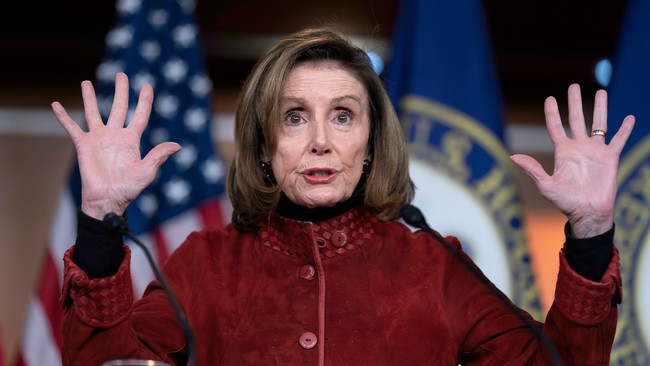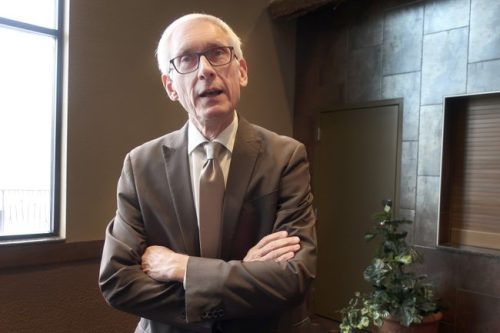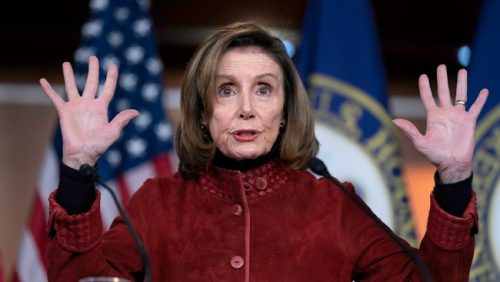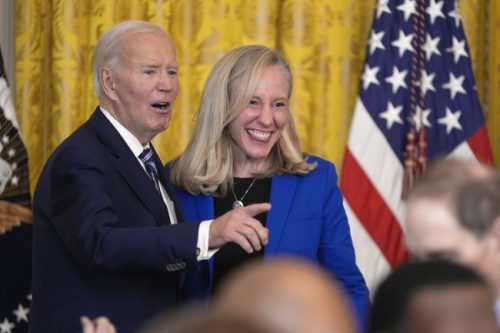Nancy Pelosi keeps speaking as if she still runs the room, but her remarks land like applause in an empty chamber — loud, familiar, and increasingly irrelevant.
Nancy Pelosi, once a central figure in Democratic politics, seems to believe her words still carry the weight they once did. Since announcing her retirement, her visibility has slipped and her influence has waned, but she keeps making the same sharp-edged comments anyway. That insistence on staying center stage only highlights how out of step she now appears to the party she once led.
In a recent CNN interview she went after President Trump in terms that were unvarnished and theatrical, describing him as “a vile creature, the worst thing on the face of the Earth.” Those words are blunt and designed to land, but they are also recycled political theater — loud, predictable, and optimized for headlines rather than policy debate. For Republicans, the quote simply reinforced what they already expect from a lifelong partisan.
Pelosi defended the remark by arguing the president had little respect for constitutional norms, a familiar talking point from establishment Democrats. That defense is as tired as the original insult, and it undercuts any claim that her critique is new or enlightening. The bigger story is not the jab itself but what it reveals about how disconnected she has become from the shifting priorities inside her own party.
She was given a chance to expand or walk back the rhetoric during an exchange on Cooper’s show, and the host pressed the point directly. “One of the things you said recently in an interview, you said that President Trump was a vile creature, the worst thing on the face of the Earth,” Cooper said. “Do you think he‘s different now than he was in his first term in terms of his abilities, his leadership?”
Pelosi tried to soften the blow with a laugh and a shrug, telling the host “By the way, I said that as a euphemism,” Pelosi said, laughing. “I could have done much worse.” Then, when Cooper asked, “Are there other adjectives you’d rather use?” her answer was to pivot back to internal party politics: “No, no, I want to talk about my House, the House Democrats, and how we‘re going to win what‘s there,” Pelosi responded. Her laughter and quick retreat underscored that this was more about press optics than persuasion.
The theater of such remarks is familiar, yet the punch is missing. Pelosi represents an older wing of the Democratic establishment that is being eclipsed by younger, louder, and more radical voices inside the party. Those newer figures push harsher policy prescriptions and have less interest in old-guard moderation, so Pelosi’s performative outrage plays like a relic of a past era.
Meanwhile, the party’s headline-grabbing figures are often not moderates seeking compromise but progressives and activists who embrace more extreme positions. From open sympathies with controversial foreign actors to proposals that push the boundaries of governing norms, the party’s current center of gravity favors spectacle and maximalism. That shift leaves Pelosi and her brand of institutional conservatism adrift.
For voters who care about stability and national interest, the real danger is not a sharp phrase from a retired speaker but policies that upend law and order or reward chaos. Name-calling used to serve as a tactic in partisan warfare, but today the higher-risk moves are in policy decisions that can cripple institutions and reward extremism. Recognizing that distinction is why many conservatives dismiss Pelosi’s insults as noise while keeping an eye on substantive shifts in power.
Her continued commentary may satisfy cable-news producers and loyalists who crave a familiar antagonist, but it does little to alter the political landscape. Pelosi keeps trying to steer attention back to her era, yet the current contest in her party is being fought on different turf. Her voice now lands more as an echo than as a rallying call, and that reality is what makes her latest outbursts notable mostly for their nostalgia rather than their impact.
Cooper: "You said recently that President Trump is a vile creature, the worst thing on the face of the Earth."
Pelosi: "I said that as a euphemism. I could have done much worse." pic.twitter.com/uemxTz1KXR
— Greg Price (@greg_price11) November 20, 2025






